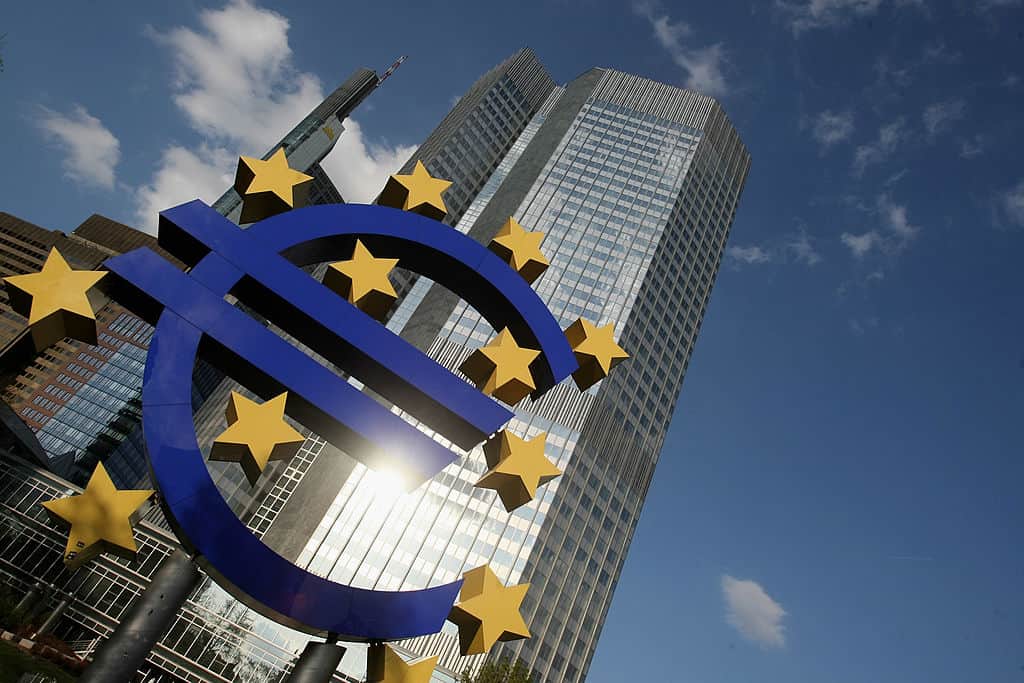The European Central Bank (ECB) said a central bank digital currency (CBDC) with a focus on anonymity is preferable to traditional electronic payments like bank deposits, but it “may become supplanted by payment tokens” issued by large tech firms.
See related article: EU to introduce bill next year to plan a digital euro
Fast facts
- In a working paper published Friday, the ECB said that such a risk would be “particularly tangible” if tech giant platforms compete with banks for financial services, but “an optionality for data-sharing features may result in a widespread CBDC adoption.”
- The study comes as the ECB explores the design and distribution of a digital euro, with its investigation phase set to conclude in late 2023.
- The report suggested that payment tokens issued by digital platforms allow merchants to hide from banks and enable platforms to stifle competition.
- “[A] CBDC that allows agents to share their payment data with selected parties can overcome all frictions and achieve the efficient allocation,” the report said.
- Fabio Panetta, a member of the ECB’s executive board, said in March that full anonymity is not a viable option from a public policy perspective, as it would “raise concerns about the digital euro potentially being used for illicit purposes.”
- Privacy remains a significant concern for citizens and professionals, the ECB said in response to a public consultation last year.
See related article: Central banks double down on CBDC issuance: BIS report

